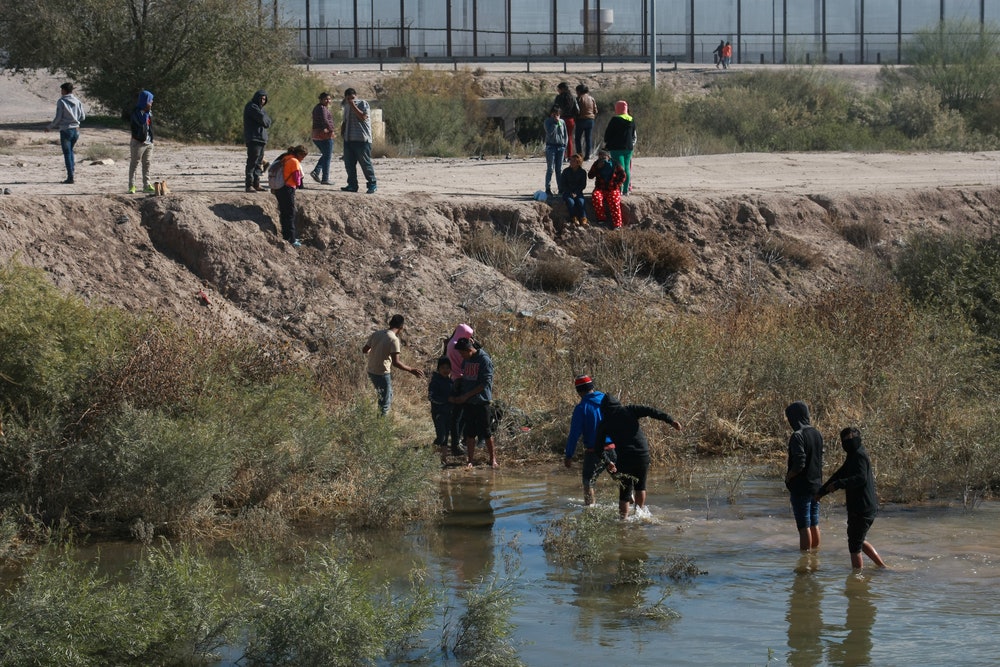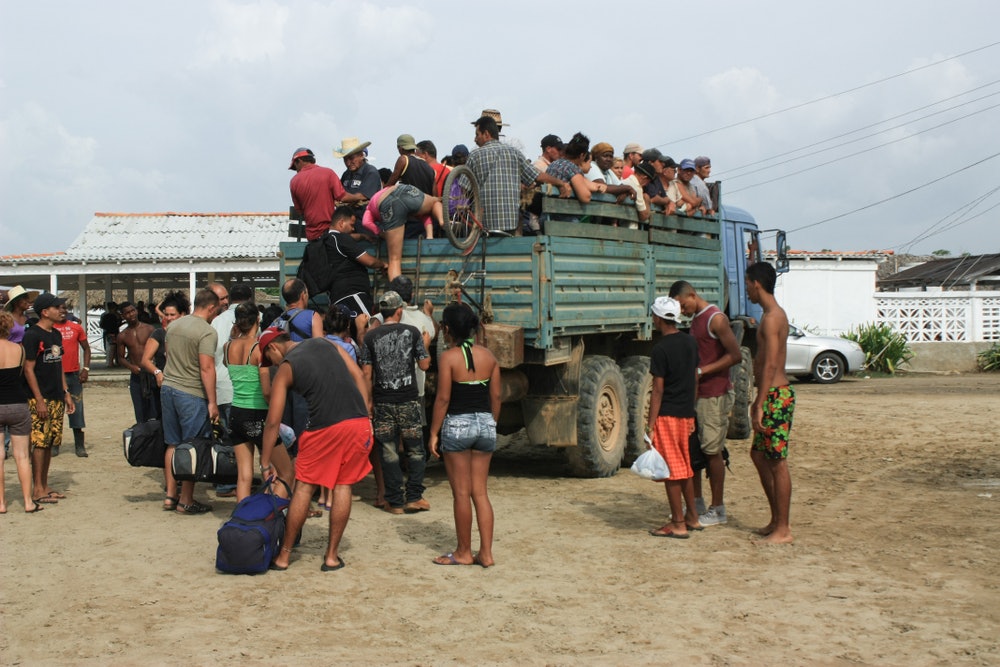The U.S. Department of Transportation brought some good news Friday to the cause of open markets across Mexico, the United States and Canada. The...
The U.S. Department of Transportation brought some good news Friday to the cause of open markets across Mexico, the United States and Canada. The department announced that Mexican truckers can apply for long-haul trips into the U.S.
Getting to this point has taken a long time, to put it mildly. The 1994 North American Free Trade Agreement included the provision that long-haul Mexican trucks could enter the U.S. Yet the issue of Mexican trucks has been contested ever since.
The Teamsters, for one, did not want Mexican trucks doing business here. Union leaders argued their entry would cost jobs for American truckers. Also, some environmentalists fretted about Mexican trucks causing pollution. Others worried about the safety of the trucks.
Rightly, though, the U.S. government is finally opening the door to a more efficient flow of commerce across the borders of Mexico and the U.S. An efficient flow has not always been the case.
An intricate dance goes on in large border towns such as Laredo. The dance involves brokers and other intermediaries who ferry the cargo across the border, where another truck takes the goods and continues the journey.
Naturally, this can take a good chunk of time. Letting qualified Mexican truckers cross the border on their own would make the process work more smoothly.
The U.S. has had a pilot program allowing in such trucks over the last few years. This decision would move the situation beyond a temporary initiative.
This is all to the good. The U.S. has finally fulfilled a commitment that is good for the economy, good for Texas and good for our credibility as a trading partner.
Yet there is another issue that determines whether goods move efficiently once they enter the United States. And that is the quality of our roads.
This is a big challenge in Texas, which naturally is a major conduit for cargo from Mexico, across the U.S. and even up into Canada. The state has as much as a $5 billion annual shortfall in revenue for needed transportation projects.
The long-waiting list is why Texas voters in November overwhelmingly approved investing money in the state’s transportation corridors. They ratified an earlier legislative decision to spend money from oil and gas revenues in the state’s surplus account.
Here’s the hiccup: The rapid decline in energy prices is threatening just how much money will sit in the Rainy Day Fund during the 2015 Texas Legislature. That Legislature started this week, and debate exists over the size of the surplus. What’s more, some think that legislators are likely to have a heated debate over how much needs to be in the surplus before any revenues go to transportation projects.
The voters have spoken clearly, so hopefully their wishes will be heard and road investments are made. At the same time, there are other options that could help the state improve the movement of goods along key Texas corridors like I-35.
One alternative is making sure legislators don’t divert funds that are set aside for transportation. Diverting transportation funds to other causes has become a common move in Austin.
Legislators like GOP House Speaker Joe Straus want to stop that trick. That will mean coming up with funds to replace any diverted dollars, or cutting programs so fewer dollars are spent. Either way, ending the diversion of funds will require some tough decisions.
Yet spending money where it’s actually supposed to go is the right thing to do. This also will help the state invest in roads that need plenty of attention. North Texas alone is looking at major initiatives on three major highways, including I-35.
Highways like I-35 are critical for truckers from Laredo to Dallas-Fort Worth on up through the Midwest. Whether goods are being carried by U.S. trucks or Mexican vehicles, they need good roads on which to travel. Chokepoints don’t do anyone good, consumers or businesses.
William McKenzie is the Bush Institute’s editorial director.



























